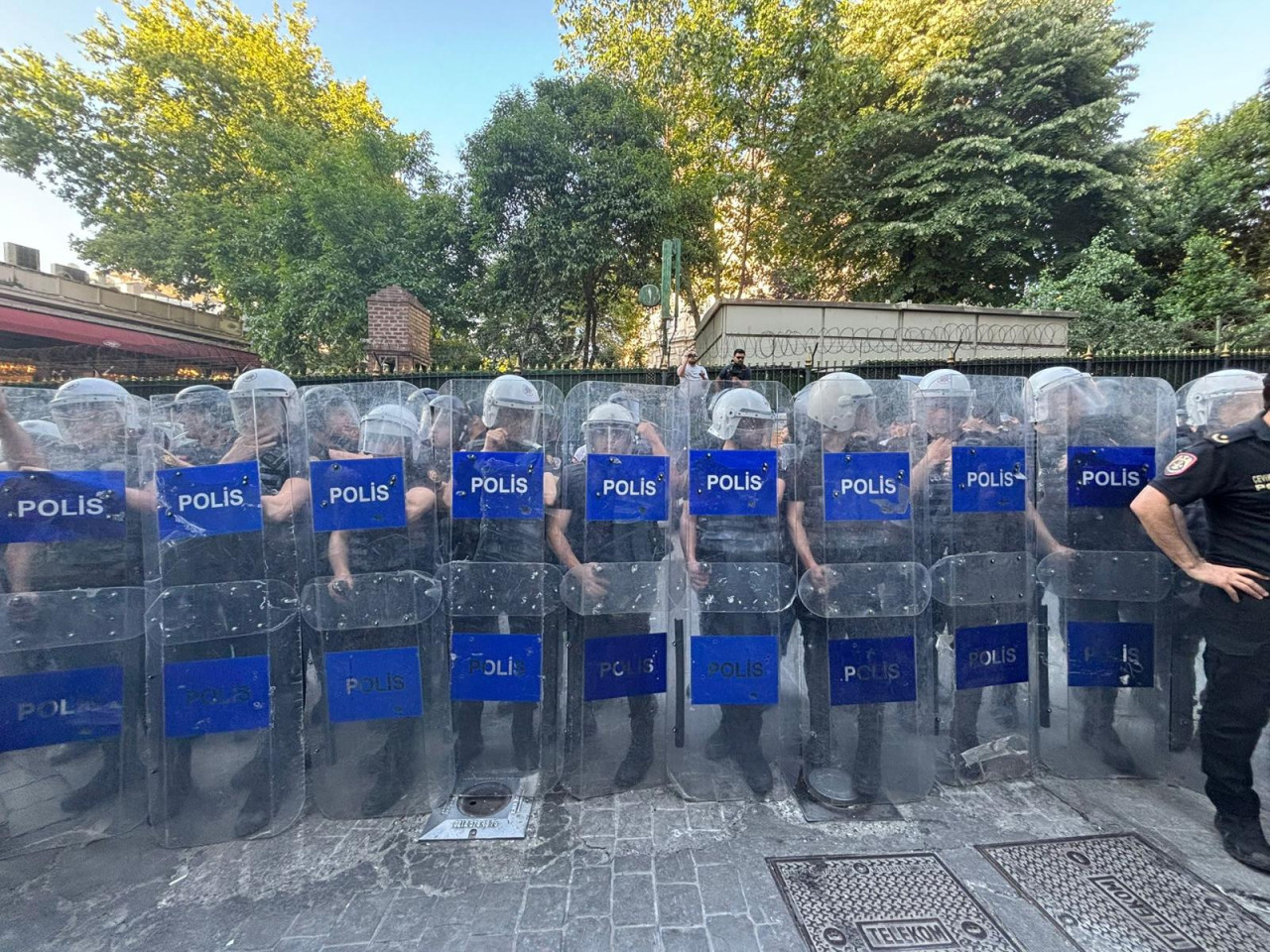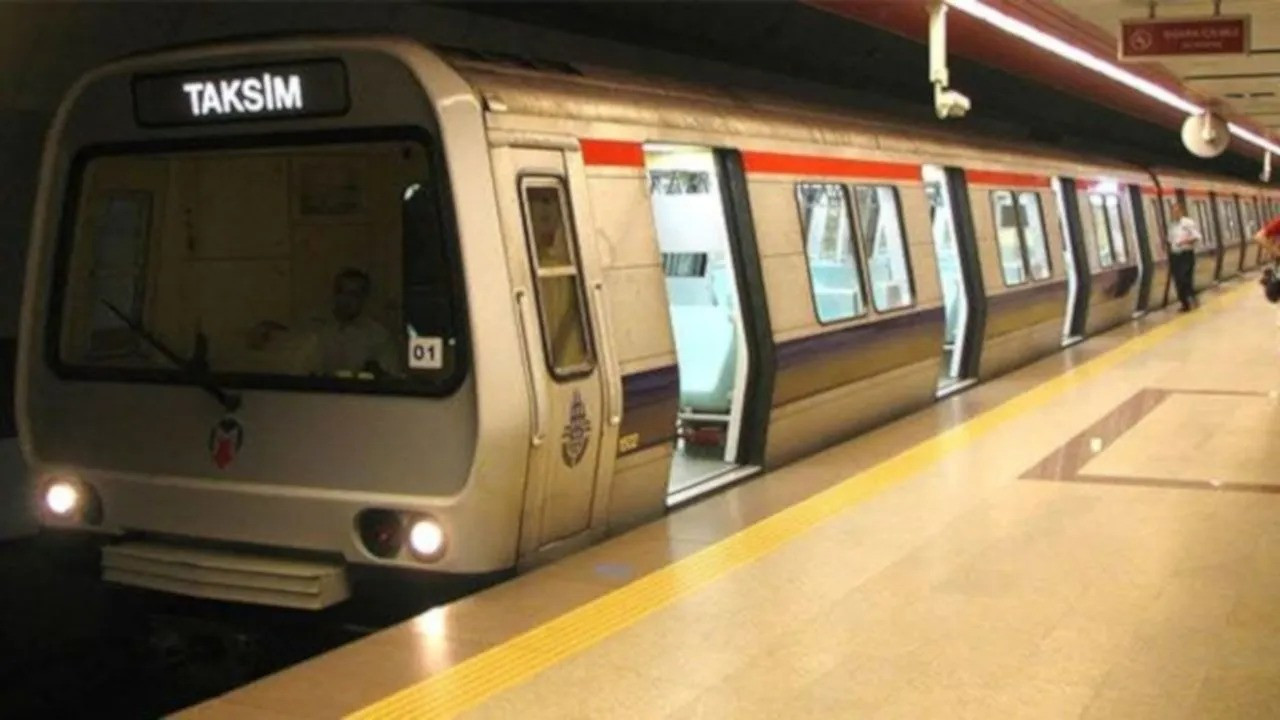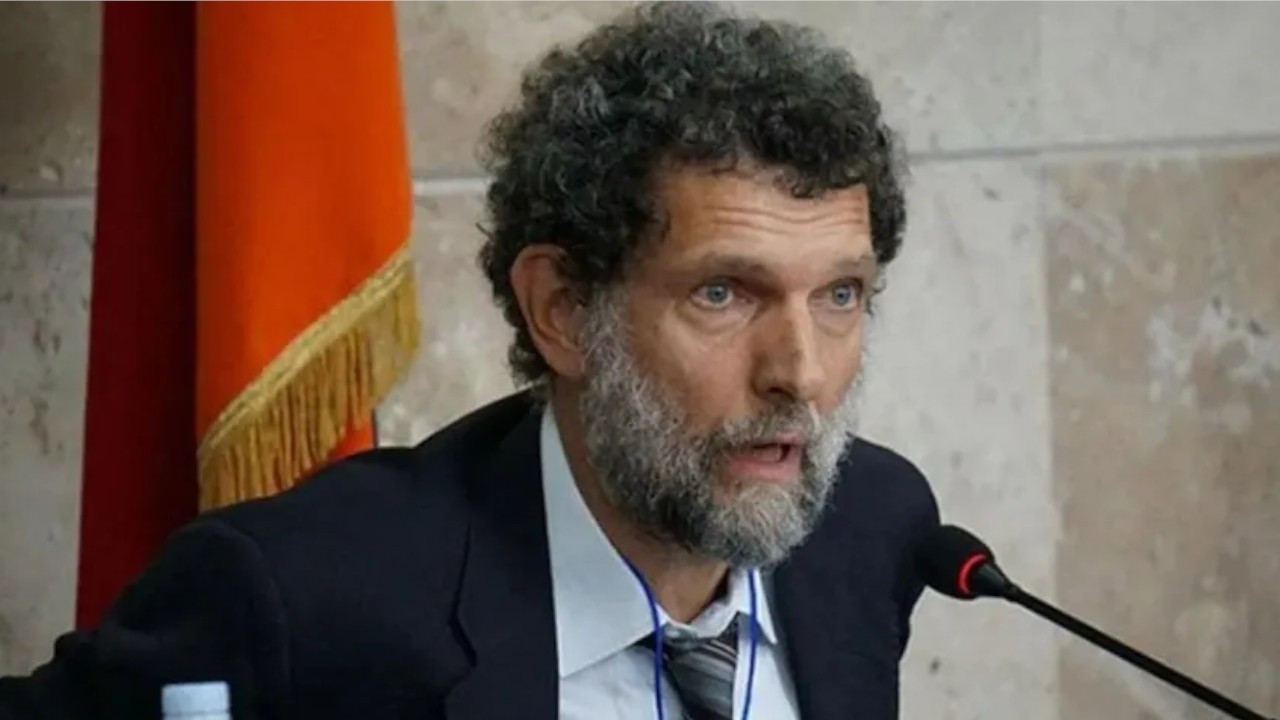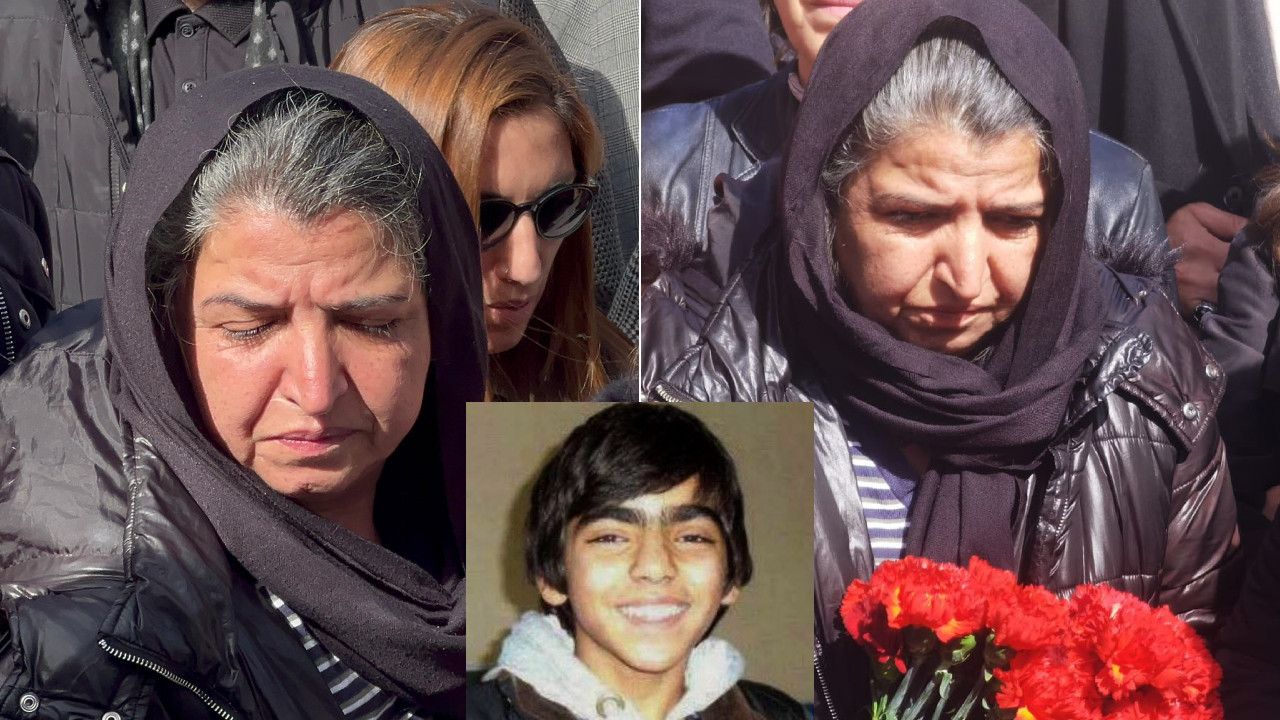Turkey marks 11th anniversary of Gezi protests
Turkey on May 31 marked the 11th anniversary of the Gezi Park protests. A group convened in Istanbul commemorated the eight people who were killed during the events and demanded the freedom of the five prisoners sentenced for allegedly orchestrating the nationwide protests.
Ferhat Yaşar / Gazete Duvar
On May 31, the 11th anniversary of the Gezi protests, hundreds of people gathered in front of the Istanbul branch of the Chamber of Mechanical Engineers.
The group Taksim Solidarity had called for the meeting, which took center stage at the commemoration with a banner that read, "No one can touch our innocence."
The crowd carried photos of those who lost their lives during the Gezi protests and those imprisoned in the Gezi trials. The commemoration featured signs reading "Justice for Gezi," "Freedom for Gezi and May Day prisoners," and "Darkness goes, Gezi remains."
Among the attendees were the pro-Kurdish Peoples’ Equality and Democracy (DEM) Party Co-Chair Tülay Hatimoğulları, and deputies Perihan Koca, Çiçek Otlu, Kezban Konukçu, Cengiz Çiçek.
From the main opposition Republican People’s Party (CHP), deputy Sezgin Tanrıkulu and Istanbul branch chair Özgür Çelik attended the demonstration.
Workers’ Party of Turkey (TİP) deputy Ahmet Şık and Beyoğlu Mayor İnan Güney were also in attendance, along with the Saturday Mothers, a group demanding the fates of their relatives who were forcefully disappeared while under custody in the 1980s and 90s.
Various union leaders and relatives of those who died during the Gezi protests also joined the commemoration.
The crowd also acknowledged the politicians arrested in the Kobanê trial and those detained and imprisoned following operations conducted after May Day. They called for the release of all detainees.
Taksim Solidarity called for justice in its press statement and emphasized that the Gezi protests were Turkey’s most democratic, participatory, and peaceful popular movement.
The statement continued that the nationwide resistance “left a deep and colorful mark on the country’s political, social, and cultural history, symbolizing the determination and hope of the millions who filled the squares.”

The government’s attempts to associate the Gezi protests with a coup or terrorism could not be explained by logic or law, according to the group.
The statement highlighted the injustices in judicial processes like the Gezi trial, the Kobanê trial, and the trials of the Peace Academics.
The group noted that efforts to suppress the social reflexes shown in the Gezi resistance aimed to foster apathy towards many issues, from femicides to environmental destruction, from workers' rights to the commercialization of education and healthcare.
The statement made a nod to other resistances in Turkey, such as the fight for justice in the Soma mining disaster that claimed 301 lives, the villagers’ fight against a quarry project in northern Turkey’s İkizdere, and the academic’s resistance against the government-appointed rector of Boğaziçi University.
The protestors demanded freedom for the five prisoners sentenced in the Gezi Trials. Philanthropist Osman Kavala has been imprisoned for seven years and will serve a life sentence despite European Court of Human Rights rulings and calls from the Council of Europe.
Can Atalay, Tayfun Kahraman, Çiğdem Mater, and Mine Özerden were each sentenced to 18 years in prison in 2022, on charges of "abetting in attempting to overthrow the government.” The protestors described these sentences as “unlawful and vengeful.”
The group also commemorated the eight people who died as a result of brutality from police or counter-protesters.
Civilians 14-year-old Berkin Elvan, Ali İsmail Korkmaz, Ethem Sarısülük, Abdullah Cömert, Mehmet Ayvalıtaş, Ahmet Atakan, İrfan Tuna, Selim Önder, Zeynep Eryaşar, and Mehmet İstif died after incurring injuries during police intervention. Police officer Mustafa Sarı died after falling off a height while on protest control duty.
Gezi Park protests initially began in Istanbul in May 2013 as a reaction to renovation plans of the ruling Justice and Development Party (AKP), which aimed to construct a replica Ottoman barracks on the city's few remaining green spots. The protests later grew into nationwide protests and spread to other cities, becoming the largest anti-governmental protests in the republic’s history.
(English version by Ayşenaz Toptaş)


 Istanbul Governor limits public transport ahead of Gezi anniversary protestDomestic
Istanbul Governor limits public transport ahead of Gezi anniversary protestDomestic Turkish court denies Kavala’s retrial for third time against expectations Human Rights
Turkish court denies Kavala’s retrial for third time against expectations Human Rights Turkey mourns on 10th anniversary of murder of Gezi victim Berkin ElvanHuman Rights
Turkey mourns on 10th anniversary of murder of Gezi victim Berkin ElvanHuman Rights